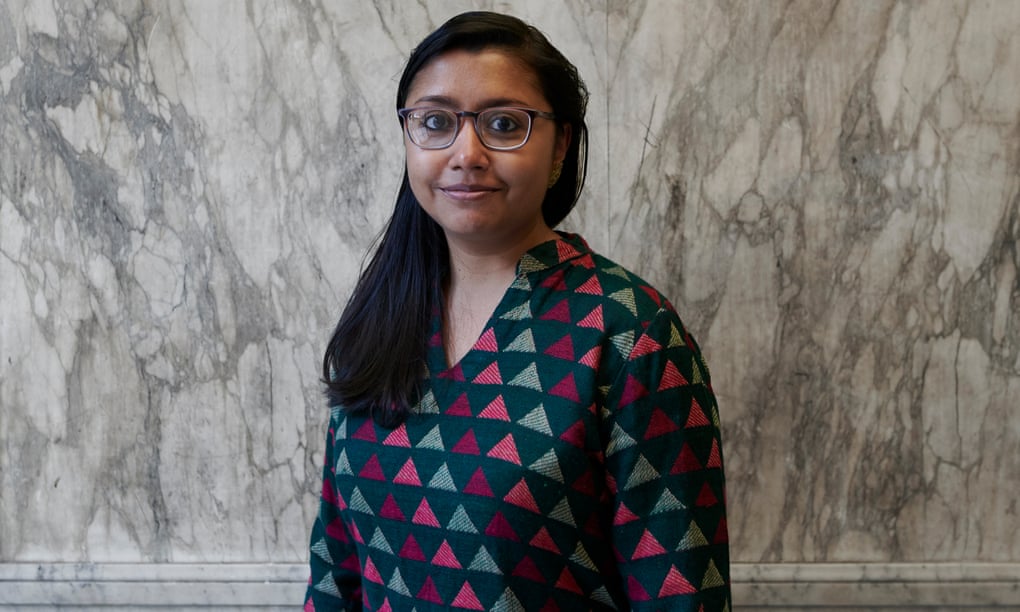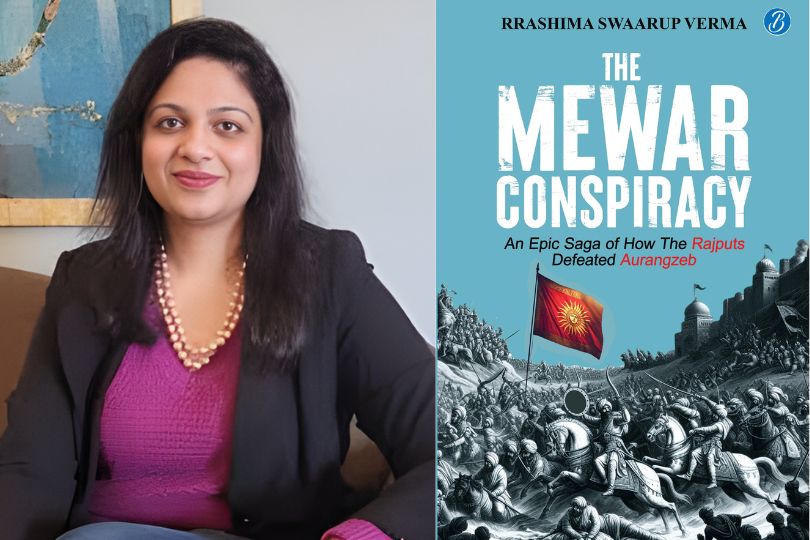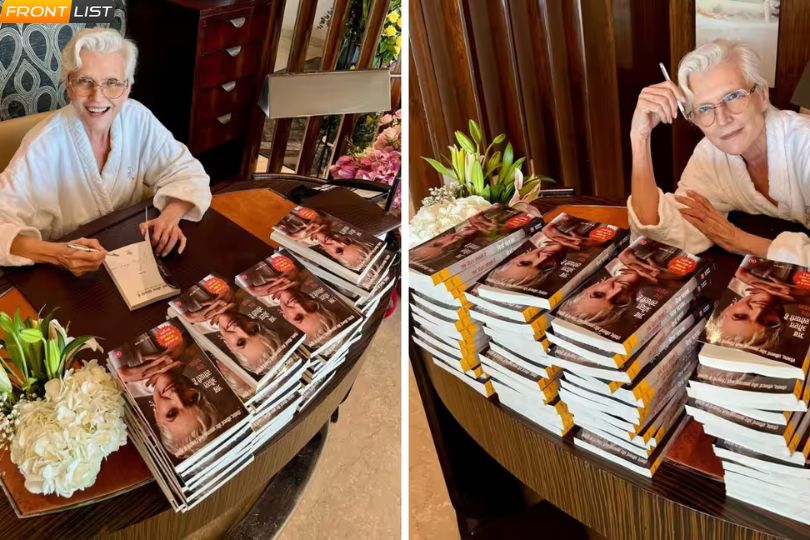Frontlist | Megha Majumdar: ‘Books do nothing for a lot of people'
Frontlist | Megha Majumdar: ‘Books do nothing for a lot of people'on Jan 18, 2021

The author of acclaimed debut novel A Burning on how being an editor informs her writing, and why her childhood alerted her to literature’s limitations
Megha Majumdar grew up in India before moving to the US at the age of 19 to study at Harvard. Her debut novel, A Burning, follows a young Muslim shop worker who is jailed as a terrorist after she posts a message on Facebook in the wake of a deadly train bombing in Kolkata. Writing in the New Yorker on its American release last summer, James Wood called the novel “brave” and “extraordinary”, comparing Majumdar to William Faulkner. She spoke to me on Zoom from New York, where she edits fiction and nonfiction at Catapult Books.
Were you setting out to open our eyes to life in India at the moment? I wanted to see if I could write an intellectually serious book that also feels entertaining in some way – fiction’s first task is to move you – but I do hope it’s a book that encourages a reader to think about injustice. It came from a place of being alarmed by what was happening. I grew up in a country where we were taught secular democratic values and that the plurality of our society is something to be proud of. When certain people say, “this community belongs and that one doesn’t”, that’s very frightening. Someone like Jivan, the main character, can have a narrative imposed upon them by the state which they don’t agree with and which they never claimed. Of course, it’s not just taking place in India, it’s around the world, this kind of policing around notions of purity and who belongs. A reader familiar with the political landscape in India will see where certain things connect to the news, while someone elsewhere might not catch the specifics. I hope they’re still moved to think about injustice wherever they are.
Jivan writes a letter protesting against her conviction, only to end up feeling that words are useless… Growing up in India, you get a very early sense that not everybody’s going to school, and books are not doing anything for a lot of people? I grew up middle class and I went to school, and from the school bus you’d see kids washing plates in the gutter, working at these little roadside eateries. We had to get school uniforms made, and the tailor’s apprentice would be a person your age. Books are very meaningful to me; at the same time, I believe books do nothing for a lot of people, and that is a very valuable truth too.
The book has had an amazing reception. It feels unreal. I’ve been so grateful it got some attention here in a very difficult year. I’m proud of the book but the past months have been about bigger things… I think it will take me a long time to process the fact that this document I worked on is now a book that other people are reading: I’m still spotting sentences where I feel like, ugh, the rhythm here could’ve been much better, I should’ve replaced this word.
Does your day job as an editor make it easier or harder to write? Being close to someone else’s process as an editor is really energising. And you read such a huge volume of books that you develop a sense of, well, what kind of surprise at the sentence level moves me? What are the reasons why I put a book down, and how can I learn from that? It helps me think about clarity, and inviting a reader in – is this an avalanche of details they don’t yet care about? Also, part of being an editor is that, if you’re editing a book you might find there’s a whole weekend where you only do that, and I don’t even open up my own document; and that’s fine, writing takes a long time, patience helps. Writing [a new book] has been going very slowly. Last year, around the elections, it was just overwhelming thinking about what would happen if Trump got re-elected – I’m not a citizen, so I felt a little like a spectator to something that would have a huge effect on my life.
Source: The Guardian


.jpg)






.jpg)

.jpg)

.jpg)

.jpg)
.jpg)










Sorry! No comment found for this post.